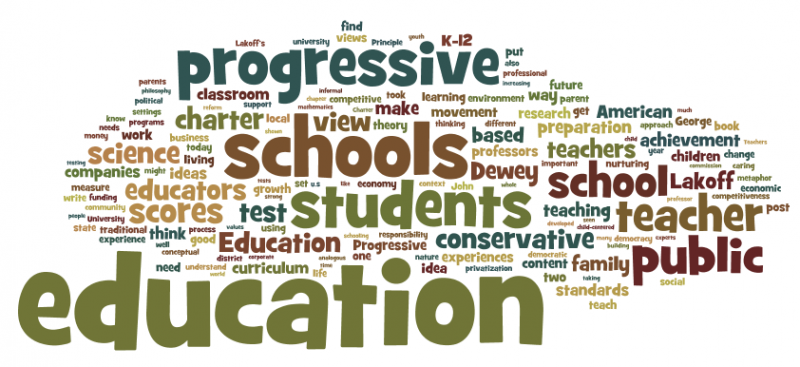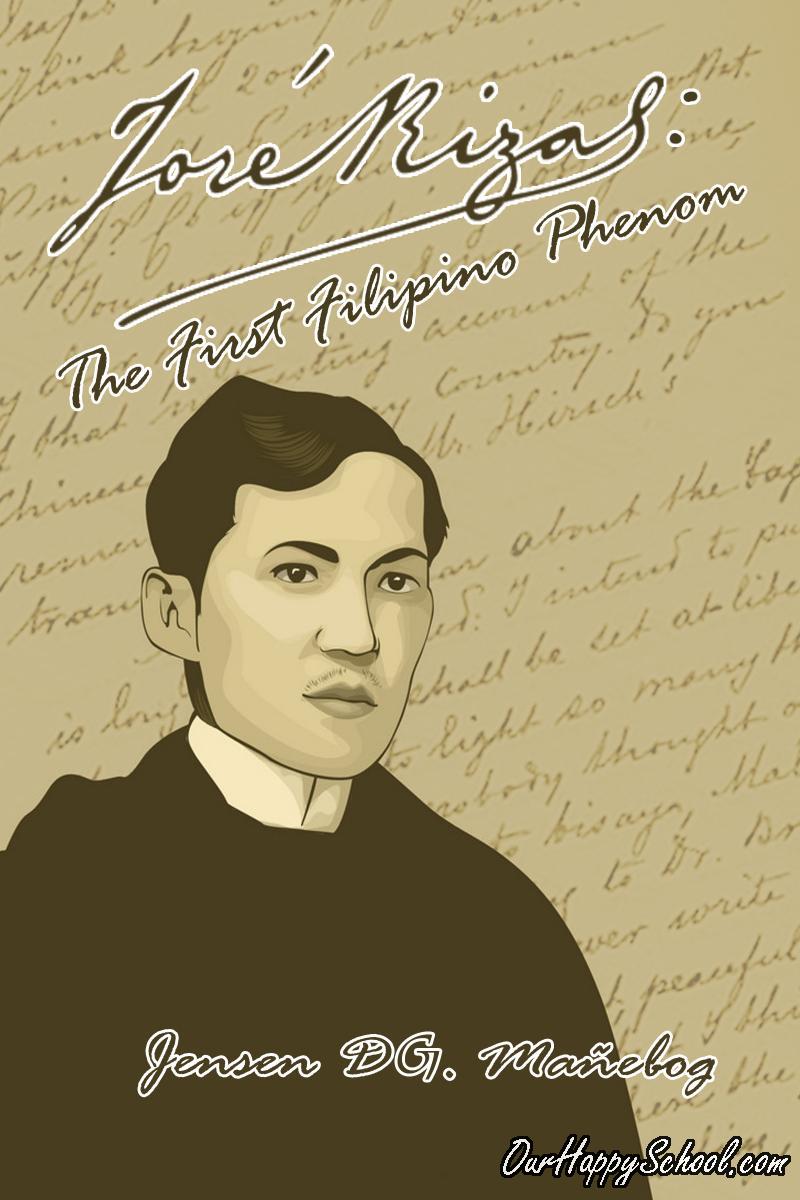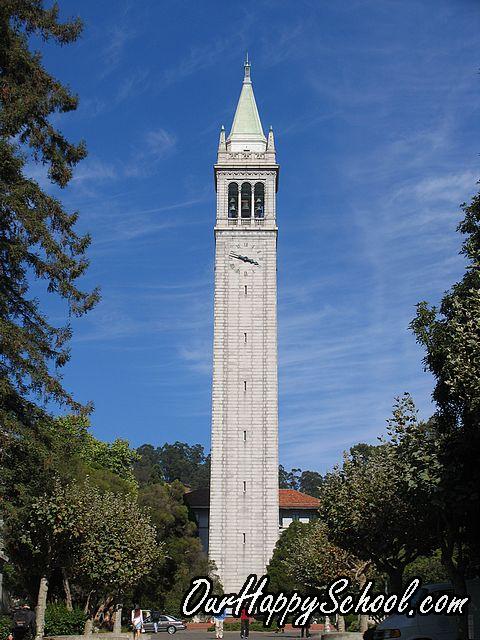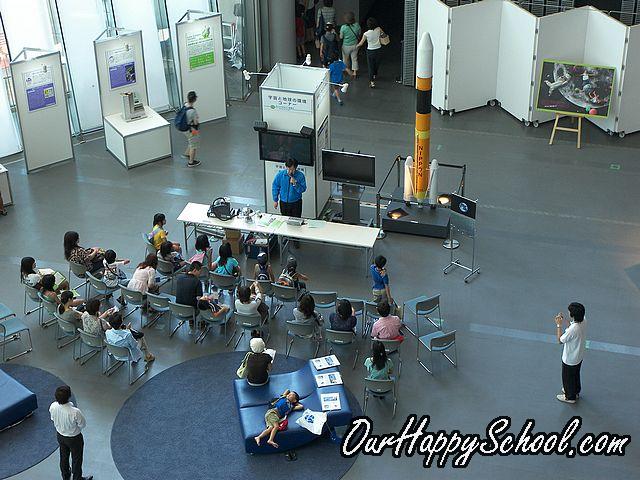Submitted by admin on Tue, 04/29/2014 - 05:08

Jose Rizal’s Poems: A Compilation
(Copyright 2013 by OurHappySchool.com, All rights reserved)
POETRY REVEALS an individual’s hopes, dreams, aspirations and goodbyes. The genius in Dr. Jose Rizal, our national hero, has resulted to several poems during his childhood, schooling, life struggles and martyrdom. Let us take a peek at our national hero’s poetry.
1. TO MY FELLOW CHILDREN (Sa Aking Mga Kababata, 1869)
Note: Many scholars nowadays believe that Jose Rizal was not the real author of this poem. Ask your professor about it.
Whenever people of a country truly love
The language which by heav'n they were taught to use
That country also surely liberty pursue
As does the bird which soars to freer space above.
Submitted by admin on Tue, 04/29/2014 - 04:30
 Did Jose Rizal Write the Poem ‘Sa Aking Mga Kabata’?
Did Jose Rizal Write the Poem ‘Sa Aking Mga Kabata’?
THE FAMOUS POEM "To My Fellow Children (Sa Aking Mga Kababata/Kabata)" was a nationalistic artwork promoting the use of Tagalog (Filipino) language by the Filipino people.
The poem was traditionally believed to be Jose Rizal's (the Philippine national hero) first written Tagalog poem at the age of eight and was said to have been published posthumously many years after Rizal’s death.
However, recent investigations cast serious doubts concerning the assumed authorship of the poem. Many scholars today believe that the very young Rizal could have not written the nationalistic poem. For one thing, it is doubted that an eight-year old child, who normally just begins to read, could write a five-stanza poem with profound terms. (On Rizal's childhood, read: Rizal's Childhood (Jose Rizal's Childhood Days Summary)
Submitted by Jensenismo on Thu, 02/27/2014 - 13:08
Submitted by David John D. P... on Fri, 02/07/2014 - 15:42

The common good is the goal of every society. Every society aims where its citizens can live with peace and harmony; where they can share the resources and wealth of their society with equality; where people can ensure their lives in terms of security. Attaining the common good the society must use common means, and that is through education. This is a means where every society can ensure its future for a better one.
In a developing society like the Philippines, education is essential in order to achieve a better future. The state must always consider how their citizens would be able to reach their potentialities and nurture it. The potentialities of the people will decide the fate of a society.
Submitted by admin on Wed, 04/13/2011 - 09:27
STUDENT PERSONNEL SERVICES (SPS), basically, are ‘student-centered’ services and programs provided by academic institutions through their specialized units and systems designed to develop the total personality of the students. These services, in a great deal, are also directed and coordinated in assisting the students to be well-attuned to the learning processes they have to undergo in schools as these services essentially complement the academic programs.
Submitted by admin on Sat, 04/02/2011 - 03:45
Educational Innovations in the Philippines
QUESTION:
Philippine education has been a target of reform for the past 100 years or so since the arrival of the Thomasites. It has been said that our educational system is the most studied sector of our society. Of course, the need for change in education has been a function of the changing needs of people and society. Enhancing the quality of the products of education – namely, our students; raising student test scores to be on a par with those of other countries; improving the quality and standards of the teaching profession are some of the motives for change/reform through the years. Collectively, these motives issue a call to action. Educations, reformers, theorists, businesspeople, practitioners, parents and administrators heard the call. They answered the call with a plethora of innovations, programs, models, theories, policies, legislation, mandates, and so on. The result is hundreds of educational innovations. Identify at least three (3) educational innovations which should have been continued and adopted/adapted by the present government.
A. The Improved Emphasis on Extension (Outreach, Community-Oriented Programs)
Providing knowledge for knowledge’s sake is a principle that had been abandoned by many educational philosophers. Without concrete and evident benefits to the society, schools would just be seen as impractical institutions ...
Submitted by admin on Sat, 04/02/2011 - 02:44
 QUESTION:
QUESTION:
Competency-based education, outcomes-based teaching and learning (OBTL), understanding by design (UBD) are approaches which are being encouraged by CHED, DepEd and all educational institutions today. If you will be requested to give a talk or make a presentation about them what will be the highlights of your presentation?
A. Competency-based Education
1. It is systematic and organized.
A great deal of research is considered to identify competency levels. Identified skills and behaviors are placed in a hierarchy leading from simple to complex, and instructional sequence is planned to help learner achieve the desired behaviors ...
Submitted by admin on Wed, 11/10/2010 - 09:16
 SIMPLY PUT, “Everything that increases the role of subordinates is decentralization and that decreases the role is centralization.”
SIMPLY PUT, “Everything that increases the role of subordinates is decentralization and that decreases the role is centralization.”
Centralization is a process where the concentration of decision making is in a few hands. The important decisions and actions at the lower level are subject to the approval of top management.
On the other hand, decentralization is a systematic delegation of authority at all levels of management and in all of the organization. Authority is retained to the top management concerning major decisions and framing policies that involve the whole organization. Rest of the authority may be delegated to the middle level and lower level of management.
Submitted by admin on Wed, 11/10/2010 - 09:12
 HIGHER EDUCATION IN THE PHILIPPINES must be evaluated in terms of the quality of its graduates and their contribution to the needs of our society and nation. How can the management of higher education institutions be made more effective and efficient in order to produce globally competitive and ethically steeped workforce?
HIGHER EDUCATION IN THE PHILIPPINES must be evaluated in terms of the quality of its graduates and their contribution to the needs of our society and nation. How can the management of higher education institutions be made more effective and efficient in order to produce globally competitive and ethically steeped workforce?
One of the key solutions to this issue is to uplift the morals and nationalism of the students by offering enough subjects in the higher education curricula that could instill nationalism and patriotism among students. One of the reasons our society now is deteriorating is that of the so-called 'brain drain' wherein the cream of the crop among our graduates migrate to other countries, thus having no contributions in solving our own society's problems.
Submitted by admin on Wed, 11/10/2010 - 08:26
THE PURPOSE OF THE SO-CALLED customer-driven educational organization/institution is to be fully committed in satisfying and anticipating the needs of the students, who are the customers. More than a marketing strategy, this innovative educational philosophy treats the students as partners in developing and delivering quality and pragmatic education (which, in economic jargon, is the product or service offered by an enterprise).
Pages